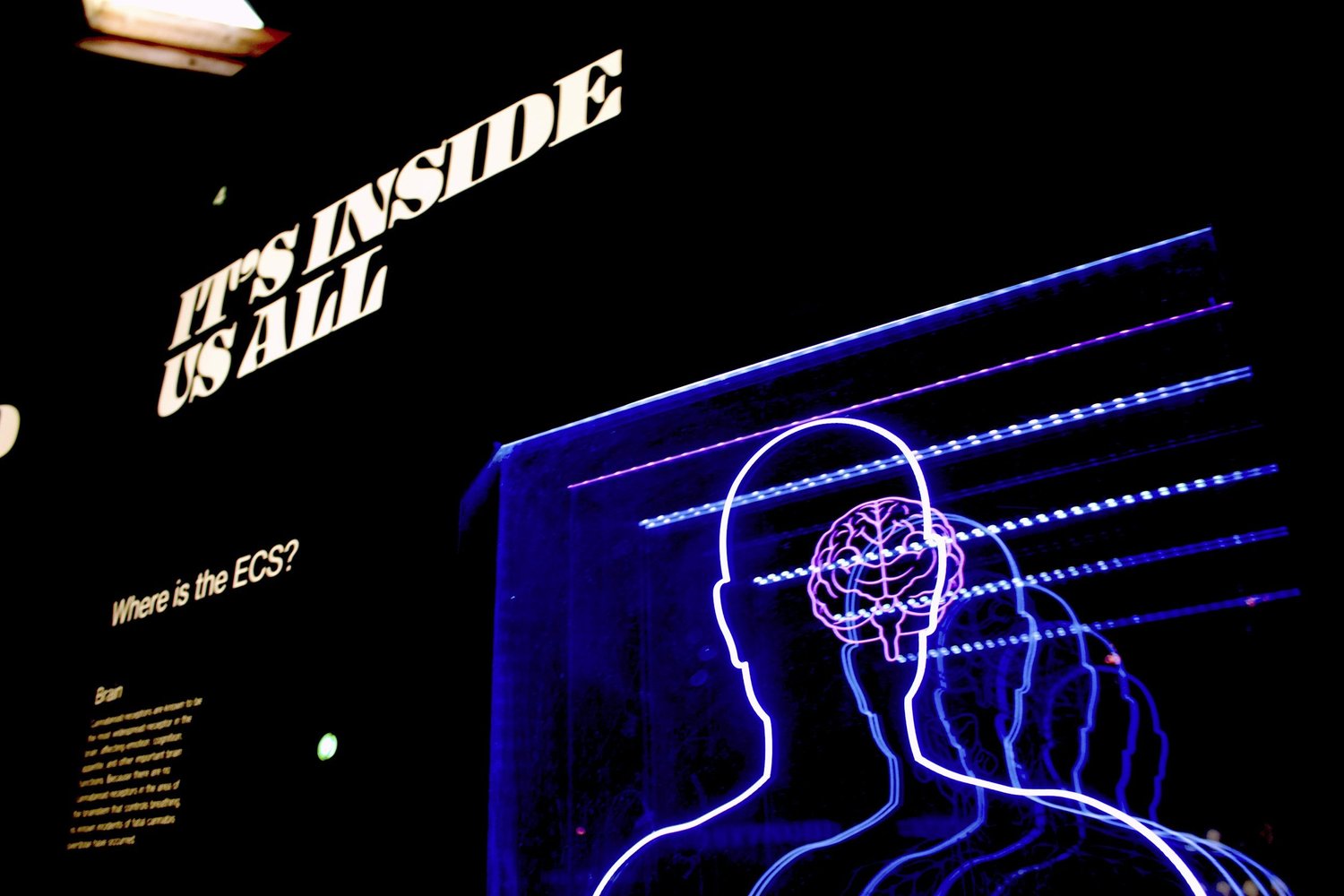
How to Find a DBT Therapist Near You
To find a Dialectal Behavior Therapy (DBT) provider, it can be helpful to first understand some background information about DBT. This guide will provide you the basics on DBT, and prepare you to find a qualified DBT therapist. What is dialectical behavior therapy? Dialectical Behavior Therapy (DBT) is a form of therapy for those with strong emotions. It helps clients learn to tolerate strong emotions, reduce the intensity of emotions, build better relationships, become more present (without living in the past, or being overwhelmed by the future), and build a “life worth living.” DBT is a type of cognitive-behavioral therapy (CBT) that address the thoughts and behaviors that lead to suffering and ineffective behaviors. It is a form of therapy with strong-research support: we know it works really well (when delivered correctly). DBT was originally designed for individuals with Borderline Personality Disorder (BPD), and is the best treatment



















